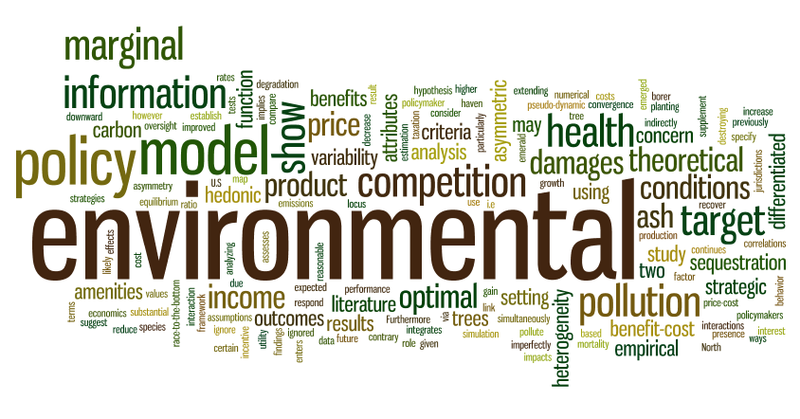The following e-Portfolio was created as a means of processing the content studied for the class “Culture, Ecology, and Sustainable Living”.
I entered the class at the beginning of the semester with my own single story of the environment and how to approach environmental problems. My first question was: how can we get people to care about environmental issues? I realize now that the answer to that question has more to do with addressing the problem from a different angle: people don’t care because the stories being told about the environment are tired cliches and incomplete stories that valorize certain aspects of environmentalism and the people involved in the process. What’s missing is comprehensive analysis, and sometimes, just an inability to look at yourself from the outside and critically evaluate your biases.
As someone hoping to engage in international work over my lifetime, this class was really important for me and was an experiment in open-mindedness and the benefit of embracing uncomfortable concepts as “good ways of thinking”, even if I may fundamentally disagree with them. This acceptance of discomfort was a theme in the readings and a theme in my own development. I found myself especially uncomfortable when having to consider evidence that did not align with my preconception of a concept or a place. It made me realize that I was often more interested in preserving my own dignity and ego than filling in my knowledge gaps. Pride is an important concept in gaining environmental knowledge, and I think people really struggle to let go of pride when they are forced to confront their prejudices.
When this is applied to the environment, it has so many implications. There are power dynamics at play, and combining circumstances that could really cause harm. My system of ethics and the knowledge base I derive from a combination of my identities give me a completely unique global environmental perspective, and I have to realize how these concepts shape my thinking. My actions, inactions, and decisions have repercussions, and as an informal environmental manager (who may be involved with formal environmental management duties later on) this gives me power. Some groups have more or less power than others depending on how their identities conflate, and that is where responsibility comes in. I am responsible for learning as much as I can, and remembering that even despite this, there are still going to be things I don’t know. I am responsible for realizing that though my human brain yearns to categorize to create understanding, there are going to be instances where I have to be comfortable with inconclusive answers (what an oxymoron!). In fact, the concept of an oxymoron is a perfect metaphor for what a conscious environmental manager has to be able to embrace.
We all play different roles in environmental management, and I’m still trying to figure mine out. This semester has helped me realize the element of personal accountability and responsibility in filling my knowledge gaps, but my next step is trying to figure out how that translates into explicit action. My experience of life and the interaction of my performed identities with the environment is an action in itself, but I’m focusing more on deliberate processes by which I consider the environmental implications of my actions. How do I stay humble and share, communicate, and demonstrate my willingness to learn?
I think the skills I’ve gained over the course of the semester has better prepared me to critically analyze environmental implications, and my focus with this e-Portfolio has been a huge help to deconstruct incomplete narratives, and rebuild them with more diverse knowledge. The last part of my “enlightenment” is the importance of language. One of my favorite classes was when we broke down the language of the question: “Do we have global environmental problems”? It was fascinating to see how each word in the sentence was loaded with so many implications, and a misunderstanding about those implications led to a larger misunderstanding of the question. This question is critical. It shapes how and if we move forward. It shapes our actions, inactions, and call to actions.
After this class, my answer to this question is definitively “yes”, but the “problems” I see start with incomplete stories and the misunderstanding of words. I think that knowledge empowers me with an ability to better explain environmental issues because it helps me understand the root issue of why people don’t care, which was my question from the first day of class.
